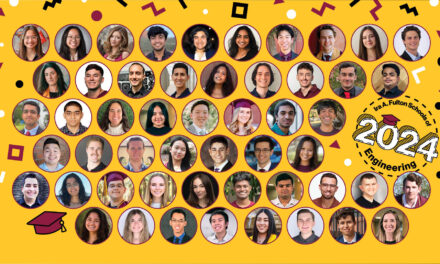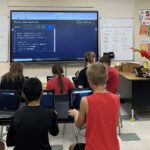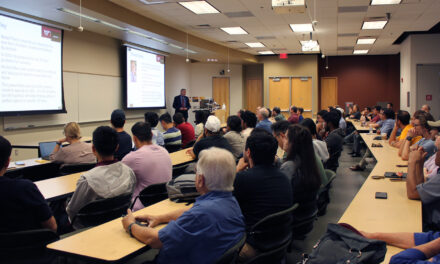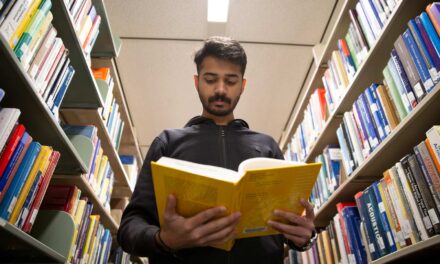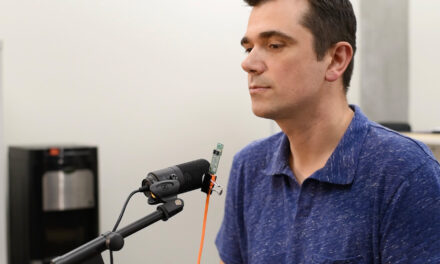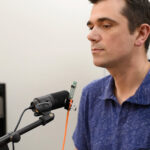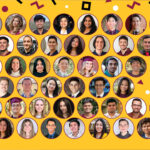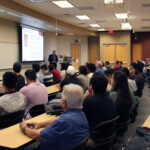
Giants of Engineering: Nancy Cooke is advancing the science of teams
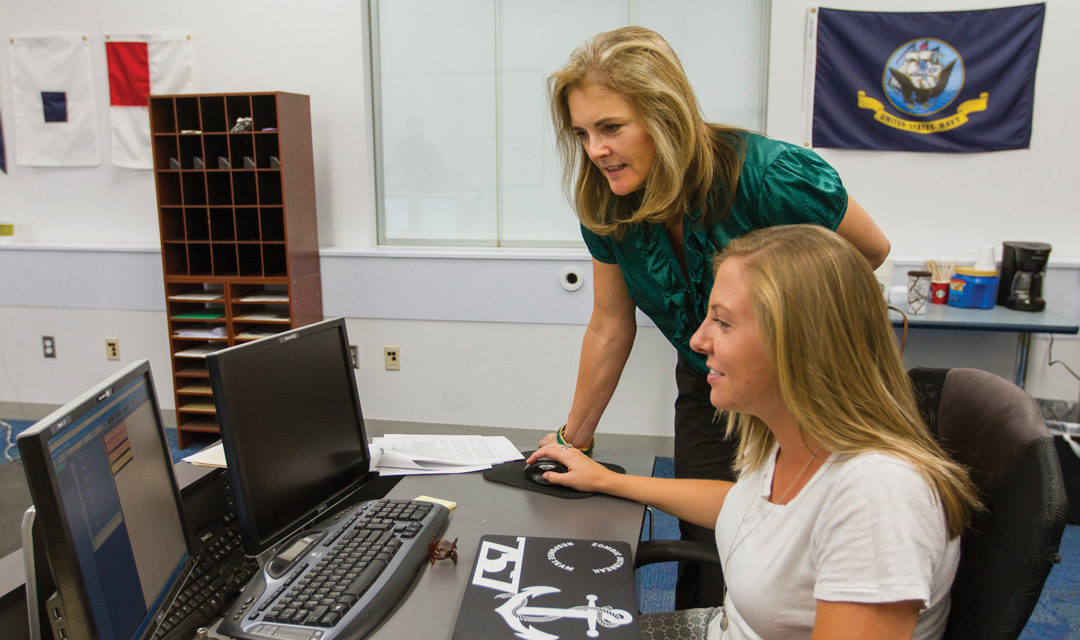
Team chemistry is key ingredient in formula for research success
In action-packed science fiction movies, victory over an indomitable foe is often achieved by a lone hero or a single genius. But in real life it never happens that way. Professor Nancy Cooke knows victory is more often a result of calculated, committed teamwork.
As a psychologist and chair of the Fulton Schools of Engineering human systems engineering program, Cooke’s research focuses on individual and team cognition and its application to the development of cognitive and knowledge engineering methodologies, healthcare, homeland security systems, remotely piloted aircraft and emergency response systems.
Cooke says the increasing complexity of the technological solutions that scientists and engineers are chasing today is making it clear that progress demands not only the most talented researchers but also those with the best teamwork skills.
That realization prompted the National Science Foundation to ask the National Academies of Science, Engineering and Medicine to assemble a group of experts to seek ways to improve the effectiveness of research teams.
The 13-member Committee on the Science of Team Science, led by Cooke, completed their report in 2015, which emphasizes that successful science and engineering collaborations hinge not just on a high level of research expertise but also on organization, planning, management and communications skills — and on leadership that can instill a shared vision of the significance of the project goal.
Cooke, who also boasts the Arnold M. Small President’s Distinguished Award from the Human Factors and Ergonomics Society, is currently excited about teaming up as a member of the Foresight Initiative, an ASU effort to look at how to anticipate and mitigate the national security risks associated with climate change.






